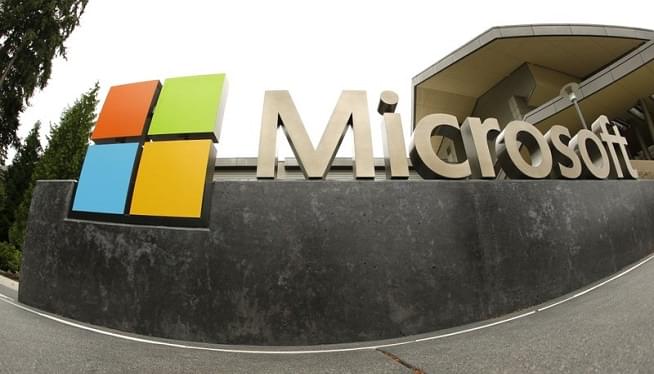Microsoft has become the third big tech company this week to say it won’t sell its facial recognition software to police, following similar moves by Amazon and IBM.
Microsoft’s president and chief counsel, Brad Smith, announced the decision and called on Congress to regulate the technology during a Washington Post video event on Thursday.
“We’ve decided we will not sell facial recognition technology to police departments in the United States until we have a national law in place, grounded in human rights, that will govern this technology,” Smith said.
The trio of tech giants is stepping back from law-enforcement use of systems that have faced criticism for incorrectly identifying people with darker skin. Ongoing protests following the death of George Floyd have focused attention on racial injustice in the U.S. and how police use technology to track people.
But while all three companies are known for their work in developing artificial intelligence, including face recognition software, none is a major player in selling such technology to police. Smith said Thursday that Microsoft currently doesn’t sell its face recognition software to any U.S. police departments. He didn’t say if that includes federal law enforcement agencies or police forces outside the U.S.
Several other companies that are less well known, dominate the market for government facial recognition contracts in the U.S., including Tokyo-based NEC and the European companies Idemia and Gemalto.
Microsoft, Amazon and IBM are calling on Congress to set national rules over how police use facial recognition — something that’s now being considered as part of a police reform package sparked by the protests following Floyd’s death.
“If all of the responsible companies in the country cede this market to those that are not prepared to take a stand, we won’t necessarily serve the national interest or the lives of the black and African American people of this nation well,” Smith said. “We need Congress to act, not just tech companies alone.”
Copyright 2020 The Associated Press. All Rights Reserved. This material may not be published, broadcast, rewritten, or redistributed. Photo: AP





















